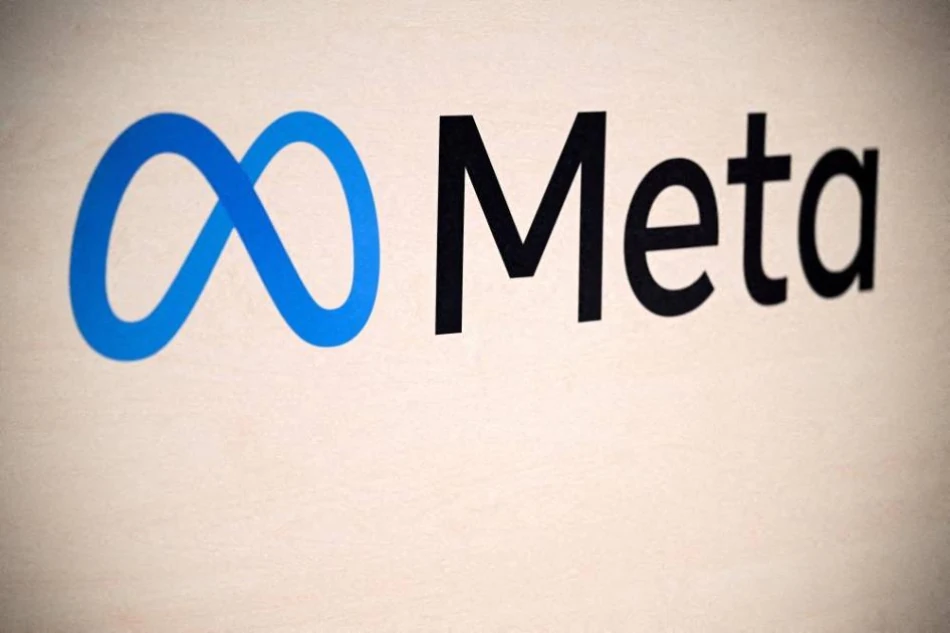
Meta Selects Bechtel and Blue Owl for $29 Billion Data Center Deal
Meta Secures $29 Billion in Financing for Louisiana Data Center Expansion as AI Infrastructure Race Intensifies
Meta Platforms has chosen Pacific Investment Management Company (PIMCO) and Blue Owl Capital to lead a massive $29 billion financing package for expanding data centers in rural Louisiana, marking one of the largest infrastructure investments in the AI boom. The deal underscores how tech giants are racing to build the computational backbone needed for artificial intelligence dominance, while also highlighting the growing appetite among institutional investors for AI-related infrastructure assets.
Financing Structure Reflects New Era of Tech Infrastructure Investment
The financing package breaks down into $26 billion in debt financing led by PIMCO and an additional $3 billion in equity capital from Blue Owl Capital. Sources familiar with the deal indicate that a portion of the debt will likely be issued as investment-grade bonds backed by the data center assets themselves, creating a new model for funding large-scale AI infrastructure projects.
This asset-backed approach represents a significant evolution in how technology companies finance their infrastructure needs. Rather than relying solely on corporate balance sheets, Meta is essentially securitizing its data center assets, allowing institutional investors to directly participate in the AI infrastructure buildout.
Competitive Bidding War Among Private Credit Giants
Meta worked with Morgan Stanley to orchestrate a competitive process that attracted some of the biggest names in private credit. Apollo Global Management and KKR also competed to manage the financing through the final rounds of negotiations, demonstrating the intense competition among asset managers for exposure to AI infrastructure deals.
The competitive nature of the bidding process likely helped Meta secure favorable terms while giving institutional investors access to what many view as essential infrastructure for the digital economy. Additional investors may be added in later stages, potentially expanding the financing package even further.
Strategic Significance of Louisiana Location
Meta's choice of rural Louisiana for this massive data center expansion reflects broader trends in the industry. Rural locations offer several advantages: lower land costs, proximity to reliable power grids, and often more favorable regulatory environments. Louisiana's business-friendly policies and energy infrastructure make it an attractive destination for power-hungry AI operations.
The location also positions Meta to serve growing demand across the southern United States while potentially offering better disaster recovery options compared to coastal data center hubs that face hurricane risks.
Market Implications for AI Infrastructure Investment
This deal signals a maturation of AI infrastructure as an asset class. The involvement of established institutional investors like PIMCO suggests that data centers supporting AI workloads are now viewed as stable, long-term investments rather than speculative tech plays.
For the broader market, Meta's financing approach could become a template for other tech giants looking to fund massive AI infrastructure projects without straining their balance sheets. Companies like Google, Microsoft, and Amazon are all racing to expand their AI capabilities and may follow similar financing strategies.
Broader Context of the AI Arms Race
The $29 billion investment represents just one front in the escalating AI infrastructure war among tech giants. Companies are spending unprecedented amounts on data centers, specialized AI chips, and the power infrastructure needed to support them. This spending reflects the belief that AI capabilities will determine competitive positioning across virtually every industry in the coming decade.
Meta's massive investment also demonstrates how the company is betting heavily on AI despite recent challenges in its metaverse ambitions. The data center expansion positions Meta to compete more effectively with Microsoft's OpenAI partnership and Google's AI initiatives, while potentially offering AI services to external customers as an additional revenue stream.
Most Viewed News

 Omar Rahman
Omar Rahman






